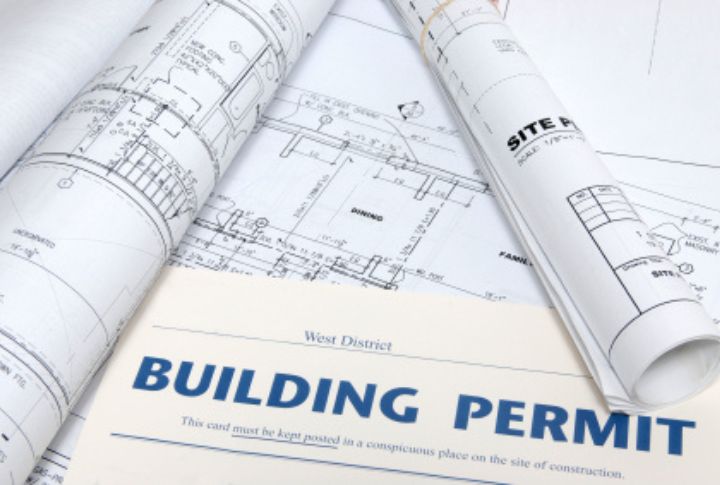
Have you ever wondered about the stories hidden within your home’s walls? Set off on an exciting journey with these 15 tips to discover your property’s hidden past. Dig into old archives, chat with neighbors, and uncover long-forgotten secrets. This adventure will take you through time, revealing fascinating details about the place you call home.
County Assessor’s Office

Digging into your home’s history can be an exciting adventure or a multi-day quest! Start with the County Assessor’s office, where you’ll find records of past owners, often spanning 50 to 75 years. For older records, you should explore the State Archives.
Local Library or Historical Society

Explore your home’s past at the local library, where librarians—true community heroes—can guide you to the local history section. They’ll help you navigate records and offer research tips. Spend the entire day browsing books, documents, and archives; libraries are rich sources with unique stories and insights.
Online Resources

Local government land records online are a great starting point for home research. You can access digital records for current and previous owners, building dates, and property descriptions on the local recorder’s office website. Building department online resources might offer blueprints and permits.
Census Records

Are you curious about past residents? Dive into census records for a snapshot of who lived there over the decades. Since 1790, the Federal Population Census has been conducted every ten years. Records are confidential for 72 years, so details are available until 1950.
Historic Aerials and Maps

Aerial imagery is a thrilling way to uncover your home’s history. Historic Aerials offers over 70 years of photos from the 1930s to the 2000s, showcasing changes over time. Vintage aerial provides detailed close-ups of rural areas from the 1960s onward.
National Register of Historic Places

Is your home over 50 years old? It might be a historic treasure tacked in an archive somewhere! Explore the National Register of Historic Places, curated by the National Park Service, to see if your property is listed. Use their downloadable Excel spreadsheet to embark on a treasure hunt.
Local Deeds and Titles

Unearth your home’s secrets with a deed search. Check out your county clerk or state registry and explore physical records for the full scoop. Look for encumbrances like liens, which can mean someone else has a claim on your property, or easements that allow utilities or roads to use part of your land.
Talk to Neighbors

Every neighborhood has that one person who knows all the local secrets. Chat with long-time neighbors about your house’s stories—they might reveal surprising details you won’t find in records. Just remember, their stories are based on memory, so while they’re full of charm, they might not always be spot-on.
Historical Newspapers

Old newspapers are a goldmine for uncovering your home’s chronicle. Although this research is slower than an online search, the stories you find are worth it. Librarians are experts in guiding you to intriguing articles, so don’t hesitate to ask for their help.
Building Permits

Historical building permits show when the house was constructed and detail renovations, expansions, and original features. You’ll discover the names of the architect and builder, the construction materials used, and sometimes even unique design elements. City hall often houses these intriguing records in various departments.
Architectural Surveys

Start by reviewing original floor plans or speaking with neighbors with similar homes. Check local archives for historic photos and maps, and take note of your property’s unique architectural features. Document everything meticulously and prepare to design a remodel that honors your home’s rich history.
Genealogy Websites

Genealogy websites turn home memoirs into thrilling quests. FamilySearch offers a treasure trove of deeds and census records. Ancestry.com reveals property secrets and vintage maps. Chronicling America serves up juicy newspaper snippets. Local historical societies add rich details.
Property Tax Records

Tax records can offer a glimpse into future costs and potential tax liens. Check public records through your county’s tax office, which are available online and in person. Local contacts are often listed on your county’s official website, so watch out for significant tax bills and liens that might impact your closing process.
Photographs

You can also kick off your search by diving into social media platforms like Facebook for vintage photos. For historical snapshots, browse real estate listings and sites such as SepiaTown and WhatWasThere. You might even stumble upon hidden treasures by contacting previous homeowners or connecting with local historical societies.
Local History Books

Books on local history can be a goldmine for uncovering your home’s past. Historical accounts often mention early addresses. These books are usually easy to find in large cities or notable neighborhoods. Check with local historical societies and independent bookstores for smaller towns to dig deeper.

